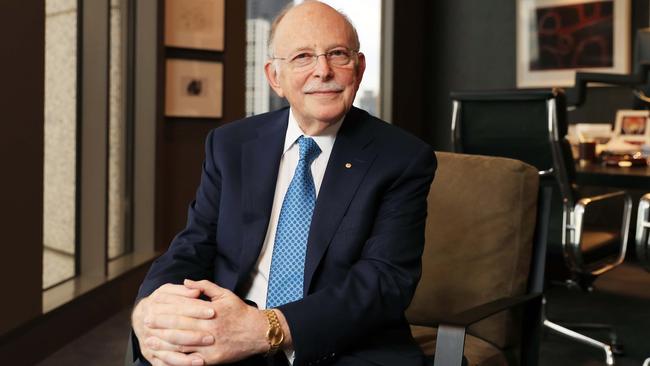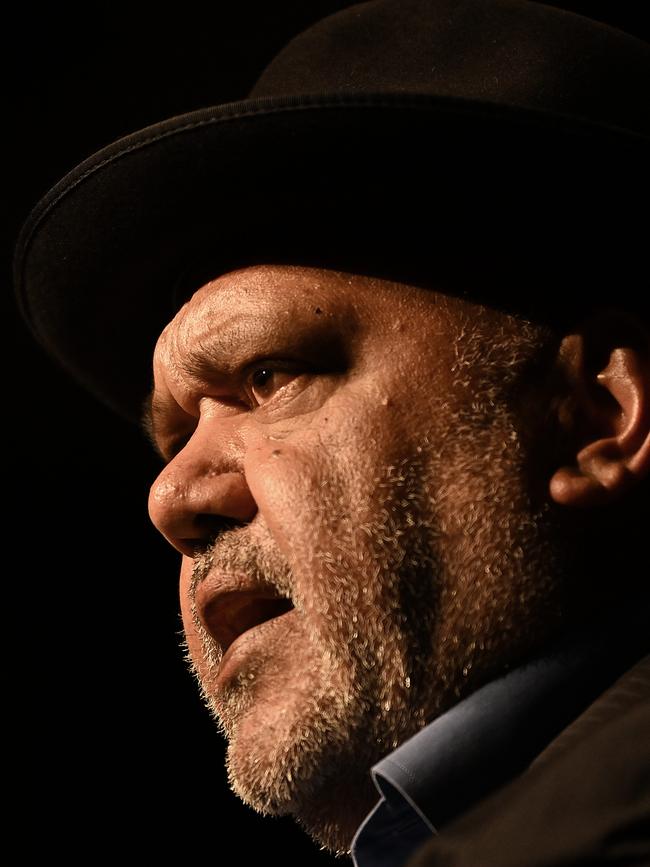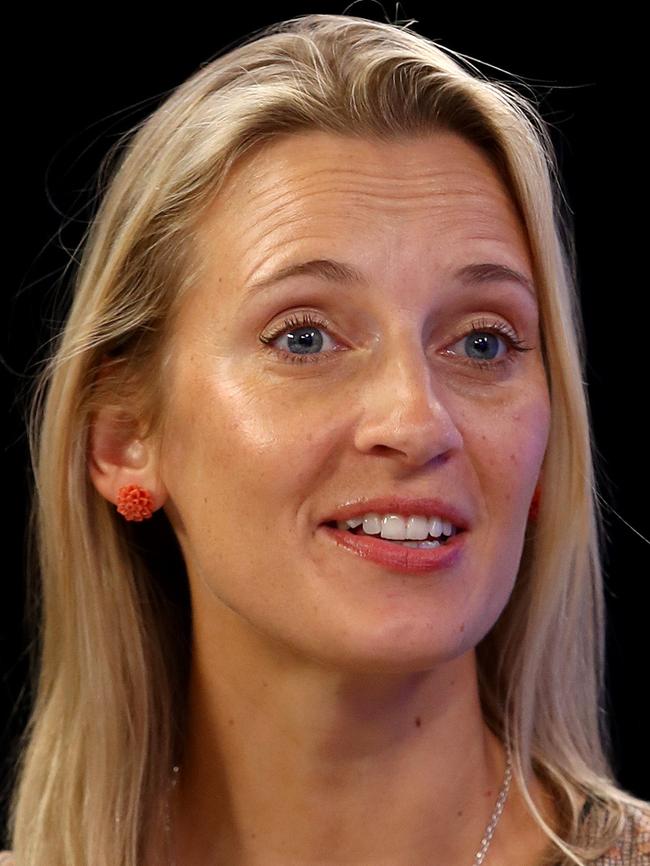Voice to Parliament ‘will be able to evolve and adapt’ without set model in referendum
The government’s decision to not put a set model to the public in a referendum on an Indigenous Voice to Parliament will mean future governments can make changes, legal experts say.

The Albanese government’s decision to not put a set model to the public in the upcoming referendum on an Indigenous Voice to Parliament will mean future governments can make changes to the way the new body operates, legal experts say.
Mark Leibler, who has been the co-chair of the Expert Panel and the Referendum Council on Constitutional Recognition – hit out at criticisms of the proposed constitutional change and defended the government’s decision to not include a defined model in the question in the upcoming referendum.
Attacking the “misinformation and disinformation” about the reform, Mr Leibler writes in The Australian on Monday that it was wrong to argue that a particular model would be embedded in the constitution if the referendum was successful. Instead the referendum will measure public support for the concept of an Indigenous voice, with the exact characteristics and functions of the body to be determined subsequently. Future parliaments would be able to make changes to the body.
Mr Leibler, a senior partner at Arnold Bloch Leibler, said he had raised the potential risk of a future parliament creating an institution filled with hand-picked members with “no credibility” in a conversation with Indigenous leader Noel Pearson. However, he said Mr Pearson had said that the enshrinement of the principle of a voice in the constitution would create a political imperative to ensure the body remained effective. The model and its legislation would be developed through consideration by the parliament and in close consultation with Indigenous Australians, he said.
“It should be crystal clear to anyone who has read the proposed amendment, put forward by the Prime Minister ... that the only thing Australians will be asked to approve or reject at a referendum is the establishment of an Aboriginal and Torres Strait Islander voice,” Mr Leibler said.
Gabrielle Appleby, a constitutional expert and professor of the Faculty of Law & Justice at UNSW, said that while future parliaments would have the ability to change the voice’s design, the body itself would be able to help ensure it remained effective.
“Future changes to the voice will allow for it to adapt and evolve, just as all other institutions of government in the constitution – the parliament, the government and the judiciary – adapt and evolve through legislative change,” she said. “But here, the voice itself will have a key role in any changes, remembering that the voice will make representations and work with the government and parliament for any legislative proposals to change its design, including its membership.”


Professor Appleby said the design of the voice and its membership would determine its success. “The momentum of a successful referendum, to give a voice to First Nations, will give rise to significant pressure for the government and parliament to work in good faith to set up a model whose members have legitimacy and credibility within the Aboriginal and Torres Strait Islander communities they will represent,” she said.
While the Albanese government has been positive about the voice model designed by Indigenous leaders Marcia Langton and Tom Calma, they have flagged an intention to consult further if the referendum succeeds.
A Labor-appointed voice working group has committed to broad principles for the advisory body, including that it will be accountable and transparent, work alongside existing organisations and traditional structures and that it will not have a program delivery function or a veto power.
Opposition Indigenous affairs spokesman Julian Leeser said the lack of a model was hurting the debate.
“We are at the end of 2022, and are yet to see a model.”








To join the conversation, please log in. Don't have an account? Register
Join the conversation, you are commenting as Logout